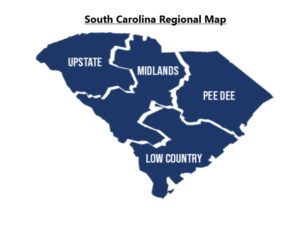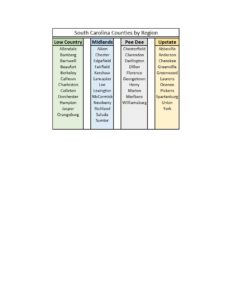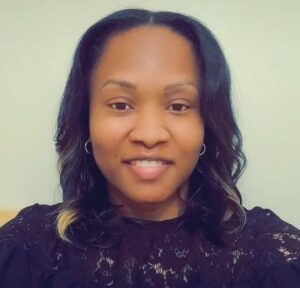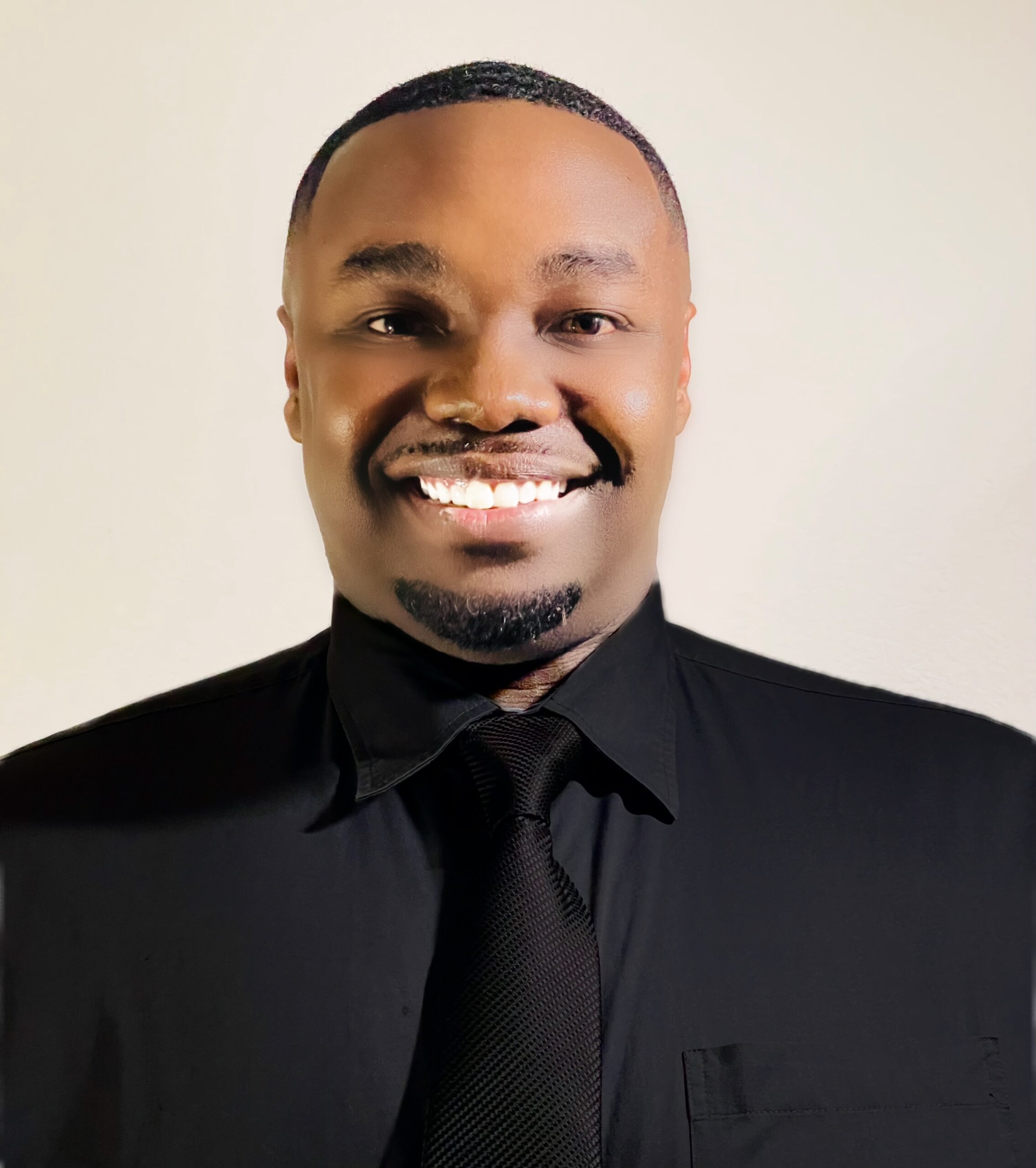Utilizing funds from the Governor’s Office, South Carolina Department of Juvenile Justice (SC DJJ) created the “Leveraging Effective Alternatives to Placement” (LEAP) project, which will include implementation of eight community-based, evidence-based programs (EBPs) in four regions of the state. The funds come from the Governor’s Emergency Education Relief (GEER) Fund as authorized by the Coronavirus Aid, Relief, and Economic Security (CARES) Act of 2020. These programs will serve as alternatives to incarceration for high-risk youth involved in the juvenile justice system and their families. This evidence-based initiative will begin in the fall of 2021 and continue for up to five years, utilizing local provider agencies and a broad range of national technical assistance and supports. Establishing enhanced and comprehensive community-based services is essential to increase the number of South Carolina's youth that are in school, living at home, and staying out of trouble.
Below are the models currently in use in the Juvenile Justice Reform project in the state of South Carolina.
Following a competitive process, the SC DJJ selected Evidence-Based Associates (EBA) to manage the implementation of eight community-based, evidence-based programs (EBPs) in four regions of the state. EBA’s leadership team, led by Nicole Janer, EBA’s Director of Operations, will provide the oversight, technical support, and coordination of the multi-year initiative.


Information Coming Soon!
Frequently Asked Questions
* - Subject to change, last updated Jan 2023
The South Carolina Leveraging Effective Alternatives to Placement Program is a DJJ created and funded Project which consists of programs that will serve as alternatives to incarceration for high-risk youth involved in the juvenile justice system and their families.
Functional Family Therapy (FFT): FFT is a short-term, high-quality evidence-based intervention program with an average of 12 to 14 sessions over three to five months. FFT works primarily with 11 to 18-year-old youth who have been referred for behavioral or emotional problems by the juvenile justice, mental health, school or child welfare systems. Please visit the FFT website at https://www.fftllc.com/ for additional information.
Multisystemic Therapy (MST): MST is an evidence-based program that empowers youth, aged 12 – 17, and their families to function responsibly over the long term. MST reduces delinquent and antisocial behavior by addressing the core causes of such conduct – and views the client as a network of systems including family, peers, school, and neighborhood. Please visit the MST website a
As a ‘production company’, EBA focuses on the implementation issues backstage so that EBPs and community-based providers can be the ‘stars’ on stage. Founded in 2004, Evidence-Based Associates (EBA) is an experienced group of talented, dedicated professionals, who specialize in the high-quality implementation of evidence-based programs (EBPs) that address the unique needs of at-risk youth. Visit https://evidencebasedassociates.com/south-carolina/ for more information.
Founded in 2006, Grace Harbour, Inc. is accredited by the Commission on Accreditation of Rehabilitation Facilities (CARF). Grace Harbour has been in business for over fifteen (15) years. Specifically, Grace Harbour is accredited in providing outpatient mental health and substance abuse treatment services to children, adolescents, and adults. They provide FFT services in all four regions of the State and MST services in both the Pee Dee and Lowcountry regions. For more information about Grace Harbour please visit their website at https://www.gharbour.com/
Thompson Child & Family Focus (Thompson), a 501(c)(3) organization, is a leading provider of clinical and prevention services committed to transforming lives through early childhood, family stability, and mental health services for at-risk youth and families for 135 years. What started as an orphanage has
continued to pivot and grow to meet unmet needs in the Carolinas and Florida. Thompson currently employs over 330 dedicated professionals that care for over 4,000 at-risk children and families through a variety of services. MST services in South Carolina, are provided in both the Midlands and Upstate Regions. For more information about TCFF, please visit their website at https://www.thompsoncff.org/
Families who currently have a member of their household under active DJJ community supervision i.e. probation, parole or intake status.
Youth on contract will be considered based on appropriateness (previous involvement with DJJ, current services, family support, chronic runaway behavior that makes at-home setting at risk, geographic location, etc. are all considered when determining a family’s fit for the Program).
DJJ Staff: Probation/Parole/Intensive Supervision Officers and Intake Staff refer families of youth who are actively on their caseload.
Once DJJ Staff receives a case, the case is reviewed for previous and current services the youth/family have received. Also, the Court Order is reviewed to determine if there are potential barriers present to successful Program completion. Next, the following chart is used to determine which Program is the best fit for the family:
| MST (Multisystemic Therapy) | FFT (Functional Family Therapy) | |
| Target Population | Youth ages of 12-17 who are living with a caregiver. | Youth ages 11 to 18 years old living with a caregiver. |
|
Appropriate Referrals |
- High and moderate risk youth
- Youth who are under Intensive Supervision - Youth needing access to 24-hour services due to youth and family needs, and to system concerns (i.e., community safety concerns, etc.) Youth on Probation/Parole or Intake (on case-by-case basis) Status |
- Moderate and high-risk youth
- Status offenders -Youth on Probation/Parole or Intake (on case-by-case basis) Status |
| Treatment Duration | An average of 120 Days | An average of 90 Days |
|
How does it work? |
Sessions can be held with caregivers WITHOUT the youth present. | Youth and their caregivers are present at every session. |
|
Contact with Family |
UP TO DAILY: Therapist communicate with families via text, telephone or in-person. Sessions typically occur 1-3 times per week based on the needs of the family. | Therapists meet with the families initially 3 times within the first 10-days of treatment, then an average of once per week for duration of FFT Program unless family is in crisis and need sessions more frequently. |
|
Therapist Availability |
24 hr.7 daysweek team available and is on-call | FFT therapists respond to crisis situations as needed. |
| BOTH MODELS ARE FAMILY THERAPIES NOT INDIVIDUAL COUNSELING | ||
No, only DJJ staff can make referrals at this time.
Judges and Solicitors can support this Project by accepting DJJs recommendation to allow youth who are actively participating in the Project to remain in the home in lieu of out-of-home placement and by not court ordering services.
No, all costs are covered through funding provided by DJJ
Yes, this program is completely funded through DJJ
FFT services are an average of 90 days; MST services are an average of 120 days
There are a number of factors that go into determining whether a family should be recommended for FFT or MST, these factors include:
- Age of youth under DJJ supervision
- Family situation i.e., where are youth living
- Family’s willingness to participate
Confidential information cannot be disclosed during court proceedings however, Therapists are mandated reporters and must report instances when clients have harmed or been harmed. Therapists may also be summoned to court of give an update of family progress.
Yes. Research on substance use among teens points to the same factors that drive delinquency – family conflicts, negative peers, low school involvement, etc. – and these are the issues that FFT and MST address.
No. Providers do NOT share results of drug screens – it remains the responsibility of the DJJ probation officers to collect drug screens if they are necessary to monitor drug use per the terms of a youth’s probation orders. (The primary purpose of any screens or monitoring that families do as part of treatment is to help the family learn how to monitor and manage these behaviors.)
Yes, however, only in collaboration with the Probation/Parole Officer. The referral would need to be approved by County Supervisor and sent by the Probation staff.
No, it is not advantageous to getting families to engage and participate in treatment in fact it may hinder the process.
Sessions are held at times convenient for the family to include evenings and weekends
All services are provided in the family’s home unless there is a risk issue. In this case virtual options may be used.
Yes. Therapists are able to meet with families in an agreed upon location outside of the home to include DJJ County Offices and other locations open to the public that offer privacy.
Therapists will follow CDC Guidelines to reduce risk of spreading virus and to determine when it is appropriate to resume in-home sessions. Families who are unable to have in-home sessions due to exposure may participate in virtual sessions if necessary.
Yes, on a case-by-case basis as long as the youth is within 10 days of release. However, our primary focus is youth who are already on active probation/parole.
A Therapist will attempt contact with the family to answer any questions about the Program and to schedule the first session. Therapists begin attempting contact with families within 24 hours of receiving the referral.
No, at this time the youth would need to have an open case with DJJ to be referred.
Yes, DJJ staff will receive weekly updates regarding progress of referrals made. These updates include:
- Sessions completed
- Successes and Barriers
- Family Progress
Monthly reports will summarize the progress to date with active families. Therapist may also send informal texts notifying the referral source of progress.
Call the SC LEAP Program Manager, Lamar Suber at 803-427-1498 or email lsuber@ebanetwork.com. Also, check out our Frequently Asked Questions page at www.evidencebasedassociates.com/South-Carolina/faq.pdf
Yes, they are eligible, but please contact your local LEAP Provider or Lamar Suber at EBA to discuss, prior to making the referral. For families enrolled in DJJ's LEAP Program, youth who receive medication management support provided by DMH will continue to receive Psychiatric services from a DMH counselor (at their local CMHC) in order to meet DMH requirements for counseling support related to medication management and monitoring.
Alternatively, medication management responsibilities could shift to a pediatrician or primary care doctor as appropriate. DJJ is currently working on partnership with DMH to seamlessly provide services to Families via the SC LEAP Program while not interrupting medication management monitoring services provided by DMH.
Success is determined by positive progress in decreasing the referring behaviors. MST and FFT will see positive progress differently due to the nature of each model. Overall, changes will have occurred that allow for the youth and their family to move in a more positive direction.
Successful completion in Functional Family Therapy is completing all phases of treatment at the clinical direction of the therapist/treatment team. The model is structured, and treatment is guided based on Model phases/goals. FFT's treatment approach is individualized specific to family risk and protective factors, culture and context. FFT anchors progress with each family based on decreasing risk factors, increasing protective factors and assisting families to function in ways that are safe and sustainable.
This includes reduction/elimination of impulsive and criminogenic behaviors. Because it's a relational based model, FFT's goal is to also ensure the family enhances protective factors with their family. This is also achieved through relapse prevention and collateral supports during and after treatment.
Multisystemic Therapy aims to see improvement in family functioning by teaching the caregivers to identify and respond to youth behaviors so that progress can continue post MST services. Various factors are assessed at discharge (both Ultimate and Instrumental outcomes).
The determination to discharge a youth from MST is based upon evidence of intervention effectiveness as evaluated from multiple perspectives (e.g. youth, parent, school, probation officer) indicating that:
- a majority of the overarching goals for the case have been met and sustained;
- the youth has few significant behavioral problems;
- the family is able to effectively manage any recurring problems and functions reasonably well for at least 3 to 4 weeks;
- the youth is making reasonable educational/vocational efforts;
- the youth is involved with prosocial peers and is not involved with, or is minimally involved with problem peers and;
- the therapist and supervisor feel the caregivers have the knowledge, skills, resources, and support needed to handle subsequent problems.
 S.L. Frazier
S.L. Frazier
Project Director, SC LEAP Program
sfrazier@ebanetwork.com
Frazier currently serves as the Project Director of the South Carolina LEAP Project bringing over 10 years of professional experience working in the private and public sectors managing a number of Federal, State and Local program/projects. Ms. Frazier has successfully led several large-scale projects implementing various evidence-based models throughout the states of Georgia and South Carolina. She holds a Bachelor of Arts in Sociology from Augusta State University and several certificates from the University of South Carolina.
 Lamar Suber
Lamar Suber
Project Manager, SC LEAP Program
lsuber@ebanetwork.com
Suber currently serves as the Project Manager of the South Carolina LEAP Project. He brings over 15 years of experience in the Behavioral Health field ranging from laboratory research, inpatient and outpatient community care, residential treatment, and clinical management. Lamar has successfully led several projects implementing various evidence-based models throughout the states of Illinois and South Carolina. He holds a bachelor of arts in Psychology and bachelor of arts in Africana Studies from Binghamton University and a master of arts in Marriage and Family Counseling from Adler University.
